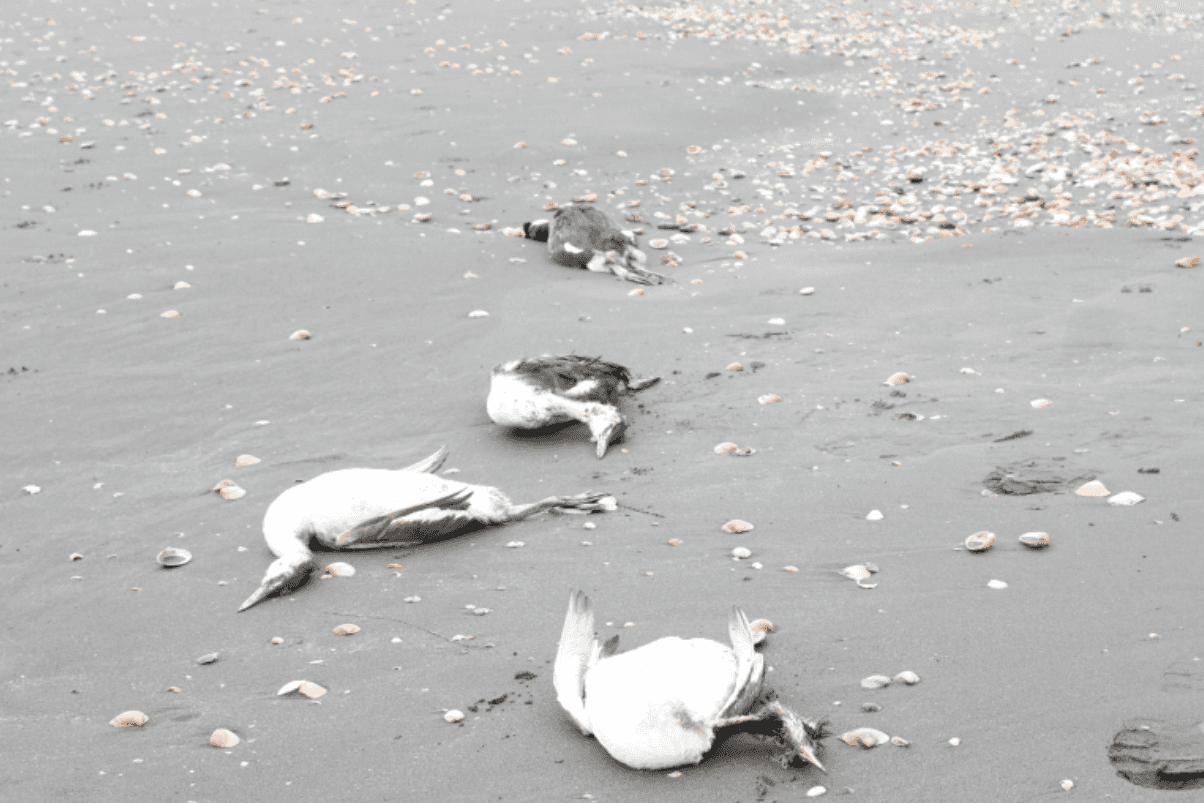
The global COVID-19 pandemic has hit economies the world over. But Azerbaijani economists warn that the shutdown of vital industries such as tourism and the service sector pale in comparison to what a plunging oil price could do.
Rafig (not his real name), 32, has been running a cafe in a construction market in Baku for three years. Due to the quarantine regime introduced in Azerbaijan because of the coronavirus, the cafe has been closed for about two months.
Rafig told OC Media he is more concerned for his employees than for himself. ‘I had about 10 employees; chefs, waiters, cleaners, cashiers, etc. They have not been able to earn a penny for two months because the cafe is closed.’
‘It is true that the government provided assistance to entrepreneurs who have lost their income, and even paid their employees according to their salaries’, he added. ‘But the official salaries are not enough for them to support their families.’
According to him, after paying salaries and other expenses, the cafe used to make him around ₼1,000–₼1,200 ($590–$710) per month. He said that the government aid of ₼700 ($410) he received as an entrepreneur helped him to cover the rent for the cafe but not much else.
Rafig is just one of many entrepreneurs in Azerbaijan who have found themselves in a difficult situation during the quarantine period.
‘A lost year’
‘During this [quarantine] period, we have lost all income. Since the beginning of the year, compared to last year, our income has declined by 80%’, Emin Guliyev, director and founder of Welcome Travel Azerbaijan, a local tour agency, told OC Media.
He said that the salaries of six of the company’s employees were paid by the Entrepreneurship Support Fund. As for office rent, he says they were given a discount by the business centre where the company is located.
According to the press secretary of the State Tourism Agency, Kanan Guluzade, the number of foreign visitors to Azerbaijan in the first quarter of 2020 was about 300,000 fewer than the year before — a 36% drop. This despite a significant boost in the number of visitors in January-February, before the virus spread to the country.
April alone saw 217,000 fewer arrivals — 91.7% less than in April last year.
Economist Rovshan Agayev told OC Media that tourism, non-food trade, and services have been among the hardest-hit sectors, and this is crucial despite their relatively low contribution to GDP.
‘The share of tourism and non-food trade in Azerbaijan’s GDP is about 5%’, he said. ‘But the main issue is the work of 300,000–400,000 people working in these fields.’
He added that in this ‘unconventional situation’, the government must prevent the decline in primary consumer demand and take continuous steps to compensate the incomes of people who have lost their jobs and stayed at home.
‘In terms of businesses, the government must be prepared for the post-pandemic period. The government must provide credit for business development and sustainability.’
Natig Jafarli, an economist and executive secretary of the opposition ReAl Party, told OC Media that not all sectors of the economy will immediately start once the quarantine is lifted, and for sectors like tourism, this year will be remembered as a lost one. Jafarli warned that this will also impact the overall health of the economy.
‘There will be no tax revenues as there is no profit or income in this area’, Jafarli said. ‘The weakening of the economy in this area will also have a negative impact on the budget’s tax liability by about ₼1 billion ($590 million).’
An oil crash
Jafarli has also said that oil-dependent countries such as Azerbaijan are taking a double hit — with both the pandemic and the fall in oil prices taking their toll on the economy.
‘Falling oil prices have a greater impact on macroeconomic indicators. Given that oil prices have averaged $20 [per barrel] since April, April’s macroeconomic indicators will fall sharply. In foreign trade turnover, exports, GDP growth rates, foreign exchange inflows will fall sharply. The quarantine regime deepens these complications’, he said.
This year’s budget was set according to an oil price of $55 per barrel. Jafarli states that the current expectation is that, as a result, there will be a $1 billion shortfall in tax revenue.
Rovshan Agayev agrees that the main blow to the Azerbaijani economy will come from oil prices, as oil revenues ‘fall by a factor of four to five times’ which will have a ‘significant impact on both budget revenues and budget expenditures’.
For the moment, the government of Azerbaijan has announced ₼2.5 billion ($1.5 billion) worth of assistance packages to the public as well as ₼1 billion ($590 million) in tax breaks.
According to Jafarli expenditures in 2020 will be around ₼2.5 billion–₼3 billion ($1.5 billion–$1.8 billion) more than planned. At the same time, he said government revenues would decrease by around ₼5 billion ($2.9 billion).
Threat of devaluation
Gubad Ibadoglu, the head of the opposition Azerbaijan Movement for Democracy and Prosperity, has warned of a possible impending devaluation of the Azerbaijani Manat.
Ibadoglu told OC Media that the implementation of the government’s action plan has revealed many weaknesses in the economy. ‘It became clear that the level of the shadow economy in the country, the level of corruption, was higher than expected.’
He said that as the country’s main income is from the export of oil, a fall in oil prices will necessarily lead to a decrease in the country’s revenues — and has done so before.
Resulting imbalances in the budget, and a balance of payments deficit are then to be expected, he said. ‘Increased demand for the dollar in the foreign exchange market has also led to increased pressure on the manat.’
However, Ibadoglu says that it would be incorrect to assess the impact of the coronavirus on the Azerbaijani economy only negatively as increased demand for IT and communications services have had some positive impact.
He adds that there were similar, noticeable effects in industry and agriculture, though they were ‘not significant’.
‘It is possible to see its positive effects in the short term and negative effects in the medium and long term’, he concluded.
‘Very serious manoeuvres’
Despite the downturn, officials have remained optimistic in their statements.
Chair of the Central Bank of Azerbaijan (CBA) Elman Rustamov has insisted that the government is in control of the macroeconomic situation in the country.
He said that they were forecasting all possible scenarios and planning steps to take against sharp fluctuations in world energy and stock markets.
According to Rustamov, inflation remains low at only 3%.
‘There was a very serious speculative attack on the exchange rate of the national currency, but we prevented this attack and the situation in the foreign exchange market has stabilised.’
He has also said that international organisations, including the World Bank and International Monetary Fund, have assessed the economic situation in the country ‘very positively’ and that Azerbaijan’s ‘large foreign exchange reserves and low foreign debt’ allow the country to ‘make very serious manoeuvres’.
The Minister of Economy, Mikayil Jabbarov, has estimated the daily losses for the Azerbaijani economy due to the pandemic at ₼120 million–₼150 million ($71 million–$88 million).
‘The resources, financial resources and economic stability of the Republic of Azerbaijan allow us to take into account the health of the country’s citizens, as in these and other existing decisions’, he said.
Despite the shutdown of his own business, Welcome Travel Azerbaijan’s Emin Guliyev also remains optimistic for the future. He hopes that after the quarantine is over, domestic tourism will improve and that the situation in other areas will follow suit over time.








